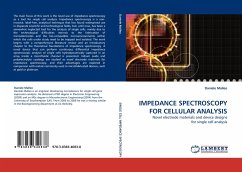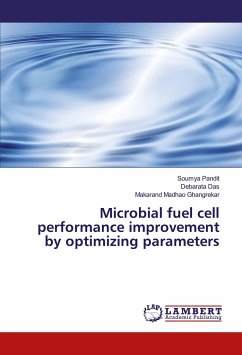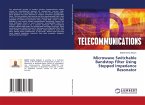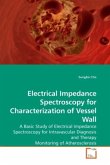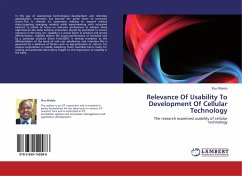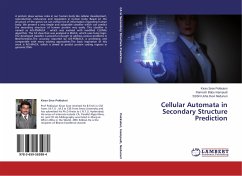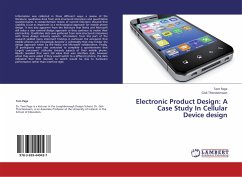The main focus of this work is the novel use of impedance spectroscopy as a tool for single cell analysis. Impedance spectroscopy is a non-invasive, label-free, analytical technique that has found widespread use in disparate scientific and technological fields, but, until now, has been a somewhat neglected tool for the analysis of single cells, mainly due to the technological difficulties intrinsic to the fabrication of microelectrodes and the bio-compatible microenvironments within which the cells under study need to be trapped and isolated. The work begins with a comprehensive literature review and an introductory chapter to the theoretical foundations of impedance spectroscopy. A novel device that can perform continuous differential impedance spectroscopic analysis of single cells hydrodynamically captured in an array inside a microfluidic channel is presented. Iridium oxide and polyelectrolyte coatings are studied as novel electrode materials for impedance spectroscopy, and their advantages are explored in comparison with metals commonly used in microfabricated devices, such as gold or platinum.
Bitte wählen Sie Ihr Anliegen aus.
Rechnungen
Retourenschein anfordern
Bestellstatus
Storno

